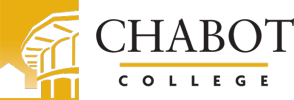Program Prerequisites
BIOS 42 General Human Anatomy (5 units)
5 units
prerequisite course is BIOS 41
BIOS 43 Human Physiology
5 units
Prerequisite courses: BIOS 42 and CHEM 30A
BIOS 44 Microbiology
5 units
Prerequisites are BIOS 41 and CHEM 30A
COMM 1 Fundamentals of Speech Communication or COMM 10 Interpersonal Communication
3 units
ENGL 1 Critical Reading and Composition
4 units
PSY 1 General Psychology
3 units
SOCI 1 Principles of Sociology
3 units
